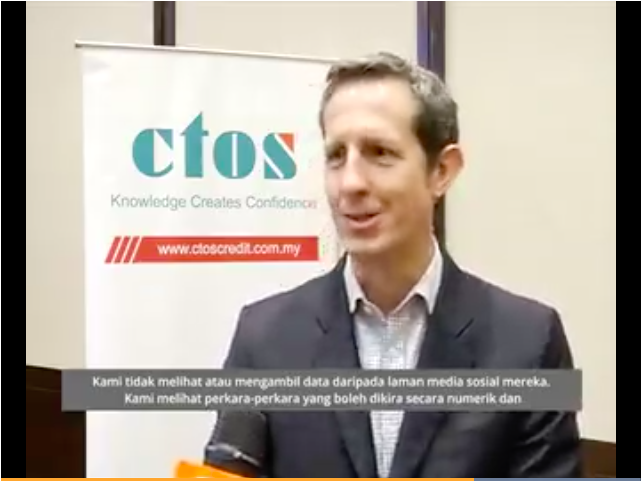By: Jonathan Winkle, Manager of Behavioral Sciences, LenddoEFL
At LenddoEFL, we collect various forms of alternative data to help lenders verify identities, analyze credit risk, and better understand an individual. One of our most important tools for financial inclusion is our psychometric assessment. While some people still lack a robust digital footprint, everyone has a psychological profile that can be characterized and used for alternative credit scoring.
In this series of posts, we shed light on the science behind the LenddoEFL psychometric assessment and how we’ve pioneered an approach to measure anyone’s creditworthiness.
Psychometrics for credit assessment
LenddoEFL employs a global research team to ensure our assessment captures the most important personality traits that predict default. We deliver innovative psychometric content by combining insights from leading academics with years of in-house research and development.
Each question in our assessment is targeted to reveal psychological attributes related to creditworthiness. We quantify behaviors and attitudes such as individual outlook, self-confidence, conscientiousness, integrity, and financial decision-making in order to build an applicant’s psychometric profile. By comparing this profile to others in the applicant pool, we can better understand and predict an individual’s likelihood of default.
Psychometric example content: Financial Impulsivity
The marshmallow test asks children whether they would you like one marshmallow now or two marshmallows later, and since its advent, psychologists have recognized that the ability to delay rewards is an important predictor of later success in life.
While adults might not long for marshmallows the same way children do, a similar test can be performed using financial rewards, and research shows that people who are better at delaying rewards are less likely to default on their loans.
Drawing from this research, we ask applicants which of two options they would prefer, a smaller sooner amount of money, or a larger later amount (see image below). Asking people for their preferences across a range of monetary values and temporal delays reveals a quantitative profile of their financial impulsivity, which is indicative of their likelihood to repay debts (If you’re curious about how we deal with people trying to cheat or game the assessment, please see this blog post on our Score Confidence algorithm)
Which do you prefer?
Psychometric example content: Locus of Control
When times get tough, some people believe they can take action to overcome hardships while others believe that the challenges they face are altogether out of their hands. Those who believe their lives are governed by outside forces, an external Locus of Control, are more risk-averse and have more difficulty managing their credit.
We ask applicants to rate their agreement with a battery of statements measuring their Locus of Control, such as “My life is mostly controlled by chance events,” and “It is mostly up to luck whether or not I have many friends.” By asking these types of questions, we can precisely quantify someone’s Locus of Control along a spectrum of internal-to-external and use this data to predict default.
Conclusion
LenddoEFL delivers an innovative psychometric assessment by combining evidence from academia with active, internal research and development. The examples above demonstrate how we quantify certain personality traits, and the myriad exercises we use in the field allow us to produce a rich psychological profile that is predictive of credit risk. In the next post we will explore the concept of metadata, which will show that how people answer psychometric questions is just as important as the answers themselves.


